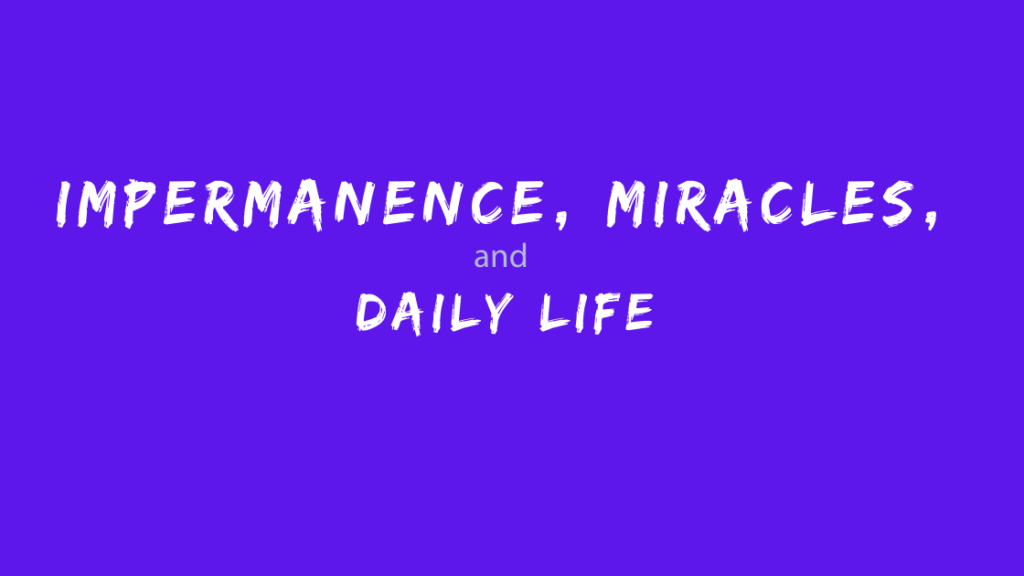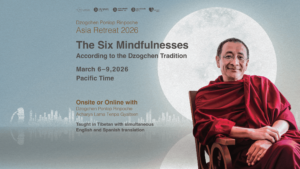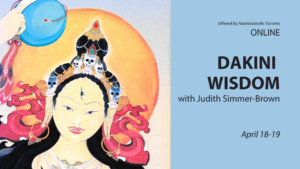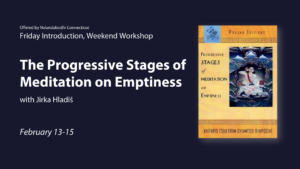The only thing that endures is change. This phrase sums up the philosophy of the ancient Greek philosopher, Heraclitus. Change is also a primary contemplation in Buddhism: The second of the Four Reminders is impermanence. (Read more about impermanence here.) The very nature of our existence is constantly in flux. And yet, most of us don’t take the time to notice, and many become very uncomfortable when our normal way of life is disrupted.
In 2020, we got daily doses of impermanence. Reports of illness, suffering, and death from COVID-19 became constant reminders of just how much our world was changing and continues to change in 2021. A year ago, none of us imagined that mask wearing, socially distanced isolation, and lack of “normalcy” would still be our way of life today.
Other extreme natural disasters such as wildfires, snow and windstorms, tornados, cyclones, earthquakes, landslides, tsunamis, and floods wreaked havoc in numerous communities around the globe. Amidst all this turmoil and hardship, unsung heroes and sheroes responded whole-heartedly and tirelessly. They did whatever needed to be done. And they still are — healthcare workers, first responders, fire fighters, teachers, healers, sanitation workers, pharmacists, scientists, disaster relief workers, food bank volunteers, grocery workers, bus and truck drivers, farm workers, and so many more.
The kindness and caring that has been displayed by these people — as well as all types of ordinary folks simply trying to survive — is nothing short of a miracle. When things seem to be the darkest of dark, the light shines through, just like the words in Leonard Cohen’s Anthem: There is a crack, a crack in everything — that’s how the light gets in.
There is beauty in ordinary daily life, like noticing glistening rain drops clinging to branches after a storm. Or a full moon shining in a cloudless sky. There is music, when heard, that can bring you to tears. Tasting a fresh blueberry, smelling fresh coffee, the warmth of a scarf protecting your neck from the cold. The sound of a loved one’s voice. Laughing over a silly picture of a dog with a torn rug as a hat. These things are little miracles to me. These moments make me grateful to be alive. I am reminded of a quote from Max Ehrmann’s Desiderata:
With all its sham, drudgery, and broken dreams, it is still a beautiful world. Be cheerful. Strive to be happy.

Lynne Conrad Marvet met Dzogchen Ponlop Rinpoche in 1988 in Woodstock, New York and has studied Buddhism with him since then. In April 2019 she was the Artist-in-Residence at Nalanda West. See her work on her website.






